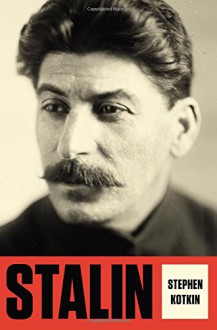
Yesterday I learned on social media that a Columbia professor was found to have plagiarized one of his recent books and is retiring at the end of his sabbatical as a consequence. Given how much I loathe plagiarism I feel he's getting off more lightly than he deserves, but it is what it is.
As I was reading the comments on the article, one of the commenters wrote that "this jerk joins the ranks of [Orlando] Figes and [Anne] Applebaum of 'acclaimed' historians who make crap up with no consequence." Seeing Figes accused of plagiarism was something of a surprise; while I know he had a well-deserved reputation as asshole, I wasn't aware that he had been accused of plagiarism. It turns out that I was pretty clueless in that regard, as there have been accusations of dodgy scholarship going back decades, culminating with the abandonment of a Russian-language edition of his 2007 book The Whisperers because of its numerous errors.
Reading it pained me greatly, as irrespective of his personality I had thought highly of his work until that point. I had read his history of the Crimean War back in 2011 and thought it a fine account of a complicated conflict. I had also started A People's Tragedy, his history of the Russian Revolution, and while I wasn't able to finish it it wasn't because of any issue I had with the book itself. I also had a copy of The Whisperers unread on my shelf, with plans to get to it at some point. Now that book is in my book box, and I'm trying to decide whether to keep A People's Tragedy or get rid of it as well. It seems excessive to dump it because of the issues with his other work, but at the same time it seems that Figes's issues with plagiarism and with distorting evidence are too frequent to ignore. And what to do with his history of the Crimean War, which seems untainted by accusations but which doubts are now natural?

 Log in with Facebook
Log in with Facebook 








